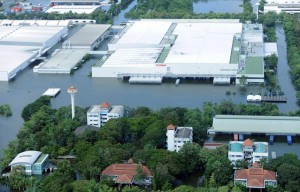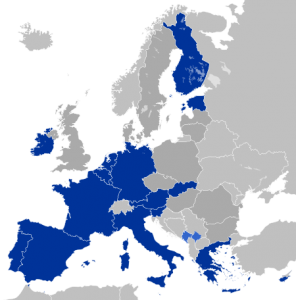It is laughable how a recently published Montreal Gazette article touches on what business schools should be teaching, and as a matter of fact, we have been learning in COMM 101 about the very topics mentioned in the article here at Sauder.
“Business education needs to focus on the social, ecological, ethical and economic sustainability of enterprises and their legitimate role in society.”
Apparently, Sauder knows what it is doing! The author believes the Occupy Wall Street movement started because people in charge of the most powerful corporations did not make ethical decisions (or were not taught how to do so). We have already learned something about ethics and Sauder courses will teach more on ethics into our more senior years. The point of this article is that some people feel that business schools are not teaching people how to fairly handle corporate governance with respect to sustainability. At Sauder, classes are available specifically designed towards corporate sustainability.
It appears that we are well on our way to being guided in the appropriate direction to solve the world’s problems! (Haha)








